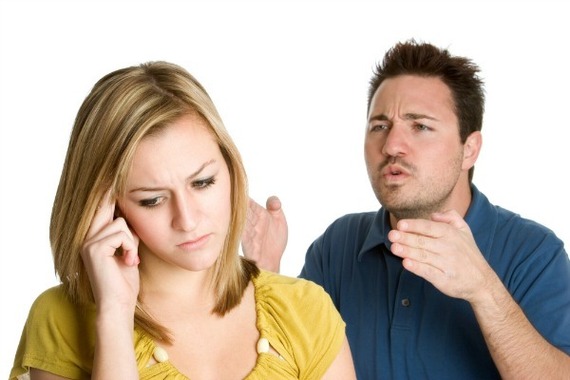There are many reasons it can take a long time to end an abusive relationship. One
common reason is simply not recognizing that you are being abused, or not wanting to
admit it. We have all read articles and watched movies about abuse. You may have
found some similarities with other people’s stories and your own relationship, but also
found some things that are different. The fact is that no two relationships are the same,
and no one has the exact same experience as anyone else. But, there are some common
realities that exist in most abusive relationships. Here are a few questions to help you
determine whether your partner is abusing you.
- Does your partner ever put their hands on you in anger? This seems obvious.
But, we often justify a slight push as just a mistake. We may justify being
restrained as our partner trying to keep us from leaving. We may even justify
being hit as just a loss of control or angry outburst. Your partner may tell you that
they were just upset, drunk or having a rough day. They may try to convince you
that you did something to push their buttons or to cause them to lose control. But,
the fact is that physical violence is always a choice, and is never your fault. And
any physical violence is abuse, no matter how slight or what circumstances led to
it. In a healthy relationship, both partners talk through issues and find ways to
handle their emotions without physical violence. - Does your partner make you question your memories or perspective? After
an argument, your partner may say that you’re overreacting or that it wasn’t as bad
as you claim. They may tell you that you are remembering a situation incorrectly.
If you question them about their behavior, they may claim that you are crazy or
paranoid. These are all common tactics used by abusive partners to get you to
question your own thoughts and judgment. The purpose is to get you to rely more
on their perceptions than on your own. When you doubt your own thoughts and
feelings, it is easier for your partner to control you, manipulate you, and convince
you to stay, even when the abuse escalates. This type of emotional manipulation
is absolutely abusive, and will likely lead to physical violence, if it hasn’t already. - Do you feel like you’re walking on eggshells? One common fear expressed by
people in an abusive relationship is the constant worry of upsetting their partner.
You may feel that it is you’re responsibly to keep your partner happy, to avoid
saying things that will upset them, and to constantly keep the peace in your
relationship. Your partner has probably blamed you for prior outbursts or
arguments, and may have tried to convince you that you are causing their poor
choices, possibly even their violence. This constant fear of upsetting your partner
will probably cause you to choose your words carefully, and to change your behavior to please them. This is how abusive partners are able to control your thoughts, words, and actions, without you even realizing they are doing so. If you feel like you have to walk on eggshells to keep your partner happy, you are probably being abused. In a healthy relationship, both partners feel free to be themselves, without fear of outbursts, insults, or violence.
If you answered “yes” to any of these questions, you are probably in an abusive
relationship. Please know that your partner’s actions are not your fault. There is
absolutely nothing you can do to cause someone to disrespect or abuse you. And the bad
news is, there is also nothing you can do to stop it. Once your partner has started putting
you down, manipulating you, controlling your, or physically hurting you, they will likely
continue, and the abuse will probably get worse. If you are being abused, you do not
have to face this alone. And you deserve to be treated better, especially by someone you
love. Trained advocates are available to listen and support you 24 hours a day at 800-
799-SAFE (7233). This is not your fault. And you deserve to be treated with love and
respect – every day.
